– We’ve had a strong week. From the Hungarian perspective, the most important development is that the 2025 budget is taking its final shape, Viktor Orban told the Good Morning, Hungary! program in an interview on Kossuth Radio. He explained that diplomacy is a complicated matter, but now, at Hungary’s initiative, an offer has been put on the table proposing that at least at Christmas, no one should die on the frontline.
If the parties can agree on this, there could be a ceasefire at Christmas. And if they can also agree on a prisoner exchange, that could bring happiness to hundreds of families,
– he added. Mr. Orban emphasized that Hungary has done what it could: one side accepted the proposal, while the other rejected it. Still, he remains hopeful that the situation may change before Christmas.
There’s nothing more important right now than achieving a few days of ceasefire. Fewer deaths would mean fewer orphans and widows,
– PM Orban emphasized, arguing that Hungary has acted in a way befitting a thousand-year-old Christian state. He stressed that while most of Europe is pro-war, Hungary is pro-peace.
The winds of change
PM Orban said he believes the world is on the brink of greater changes than we can imagine. Before the European Parliament elections, the Hungarian government outlined that - if backed by the people - it play a role in a historic transformation. The Hungarians have been prepared for these changes, he said. He emphasized that he has spoken with the Americans, the Russians and the Turks, and he is confident that once the new U.S. President takes office, a major shift will occur. He also noted that governments in France, Germany and Syria have collapsed, and while turbulent times are upon us, a significant change will commence after January 20.
PM Orban expressed gratitude to Interior Minister Sandor Pinter and EU Affairs Minister Janos Boka for their substantial work in facilitating Romania's and Bulgaria’s accession to the Schengen Area.
“This is no small diplomatic feat,” he said. He underscored that this development was long desired by Hungarians in Transylvania, which was a key factor for him. From the perspective of Hungary's national unity, this was vital, and the decision also had positive implications for Hungary-Romania relations. Hungary was able to assist Romania, he added. As a result of this decision, police forces can be redeployed from the Hungary-Romania border to more vulnerable sections of the frontier, and can also be utilized to strengthen internal security and public order.
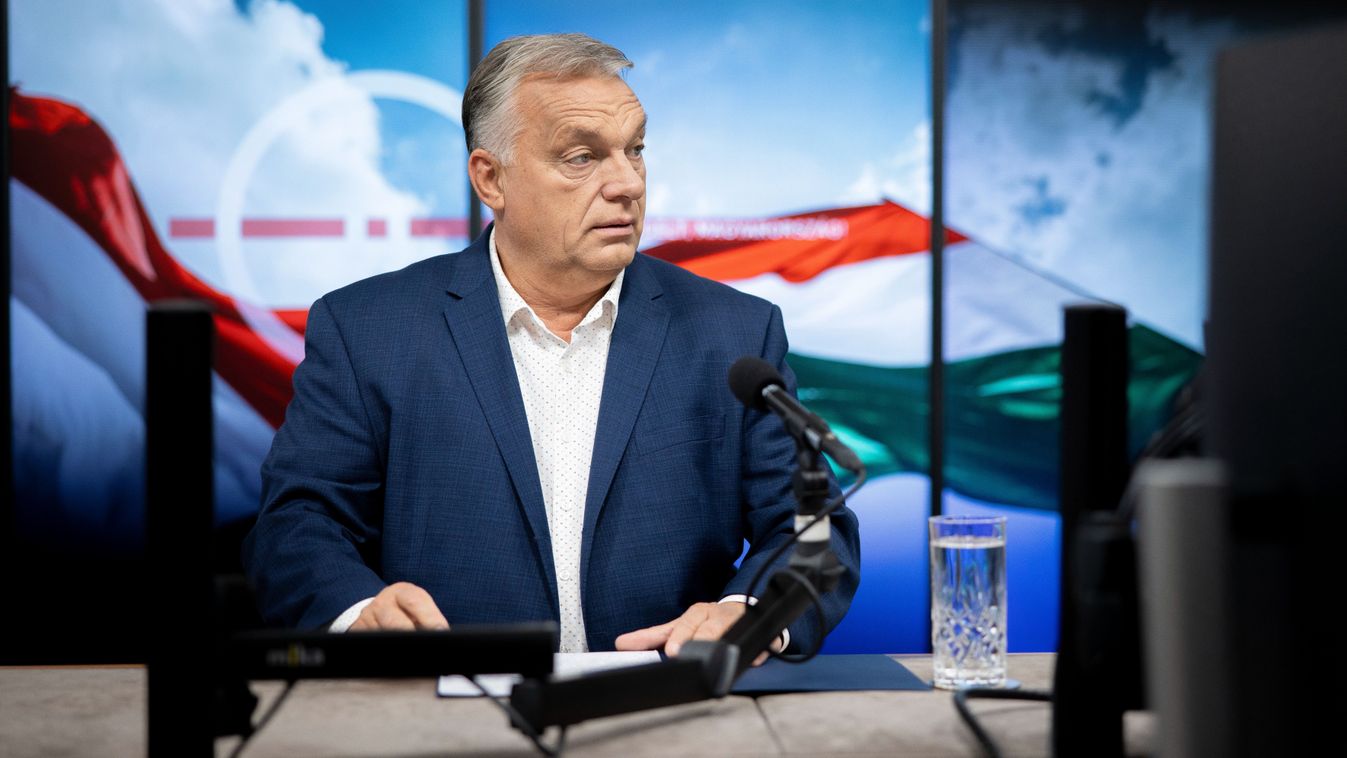
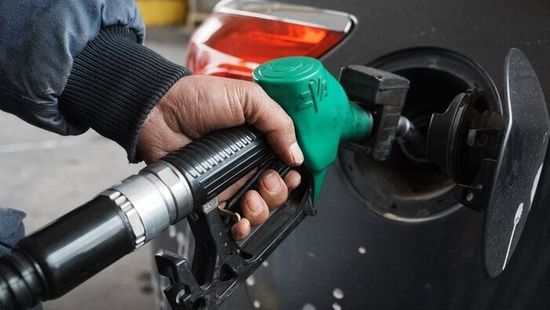
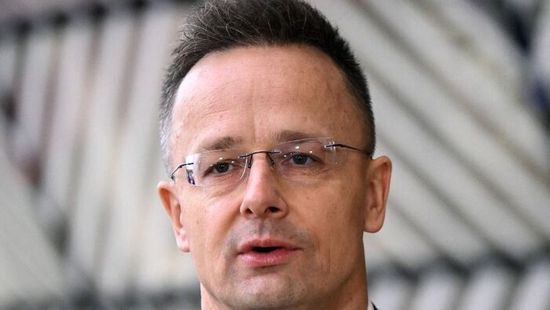
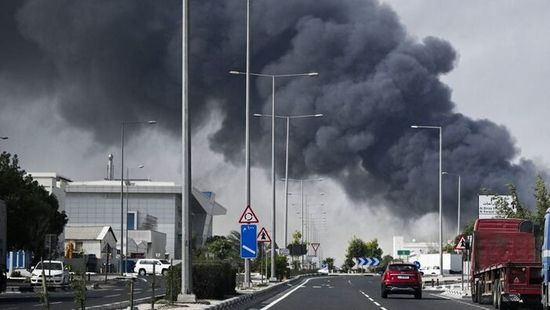
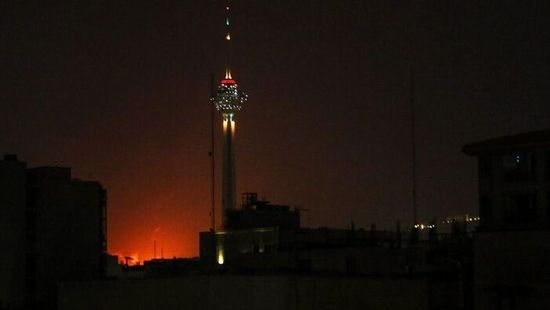

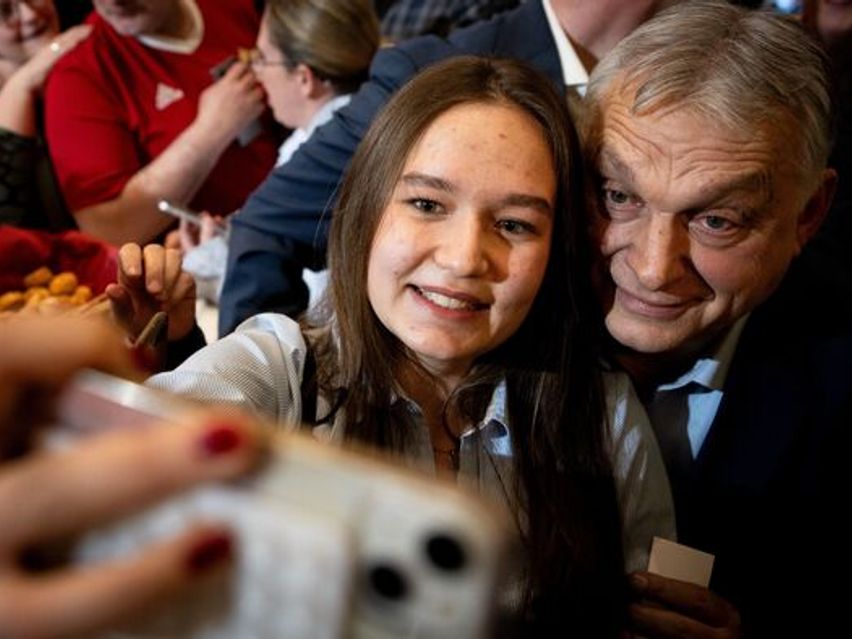
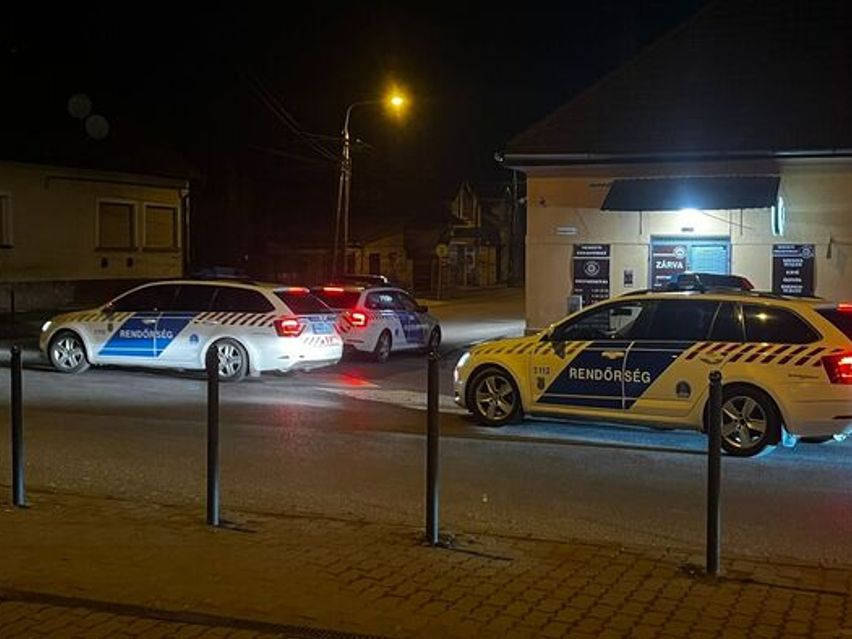
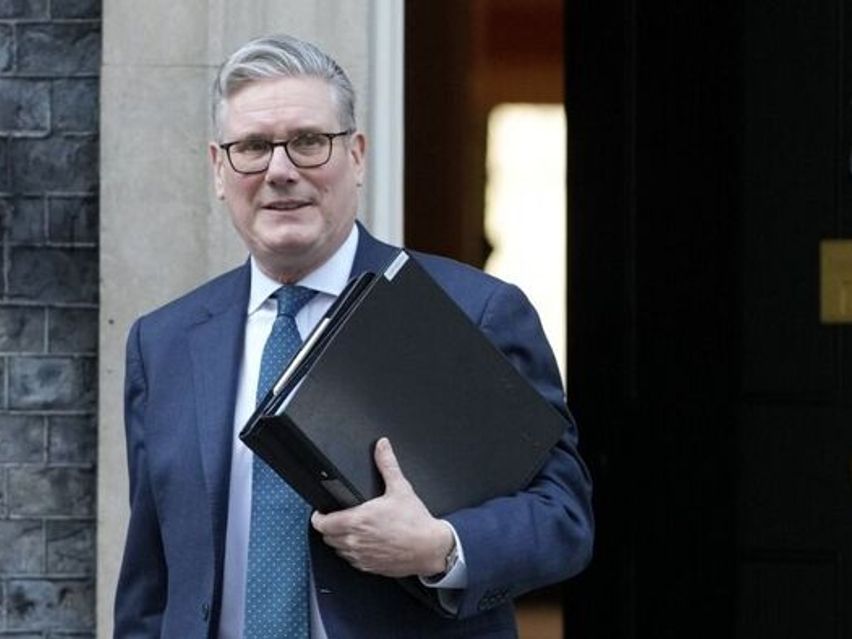


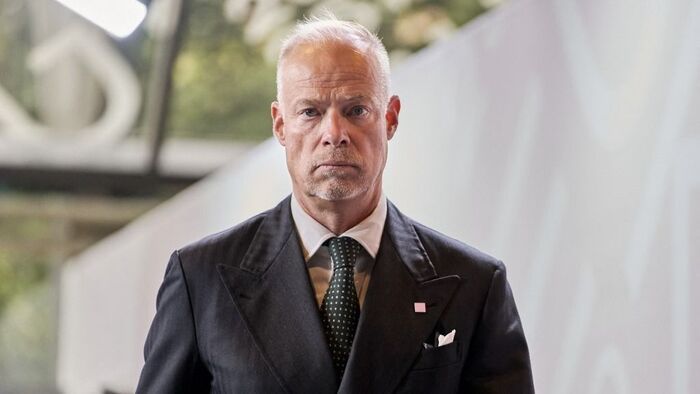
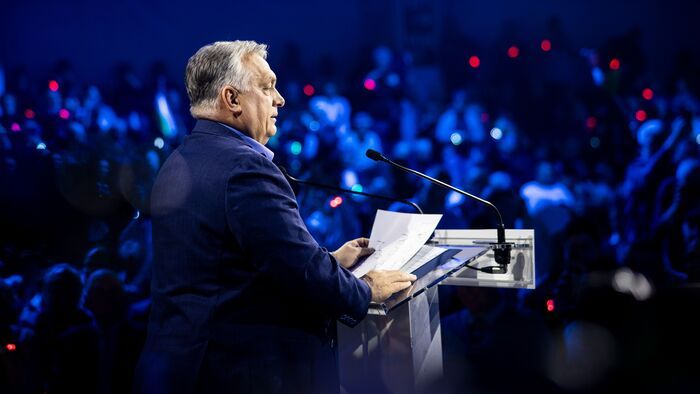

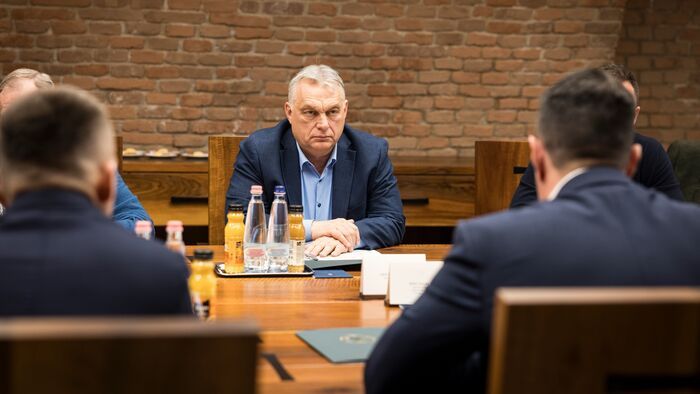
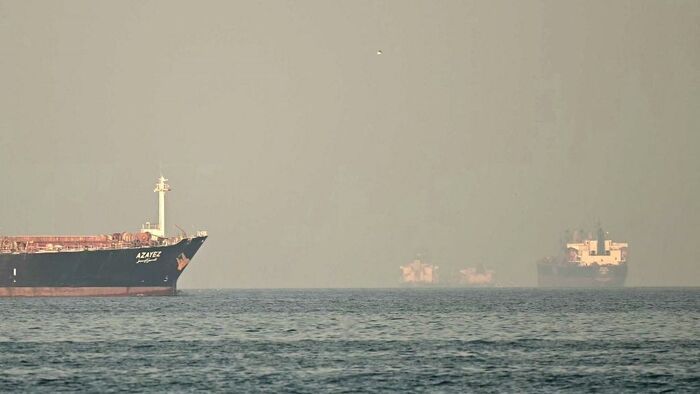
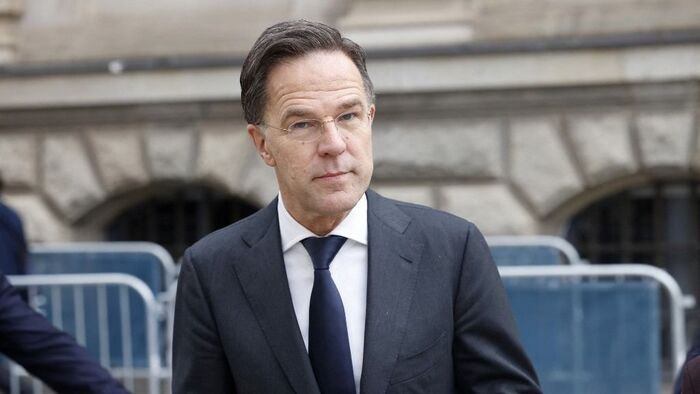
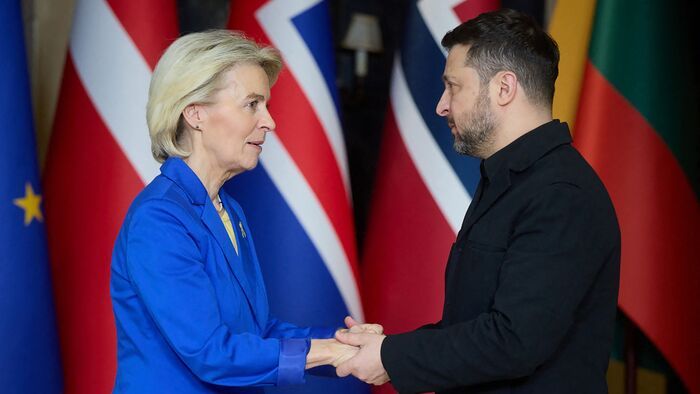

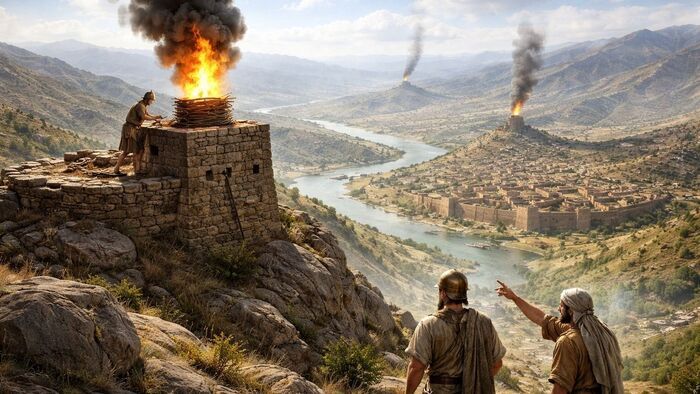
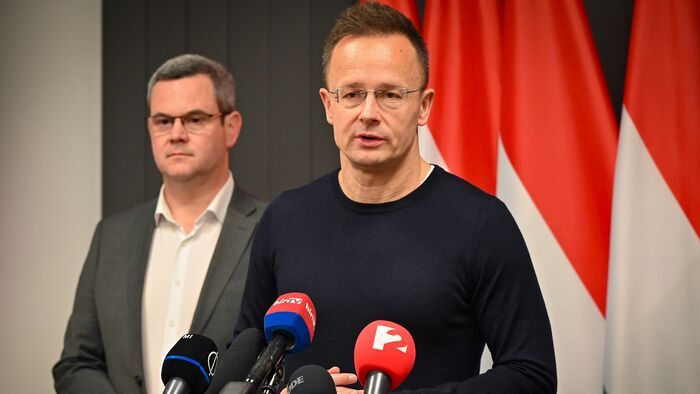
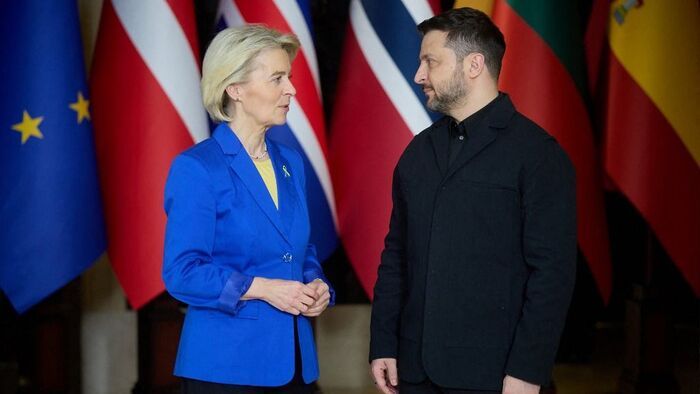

Szóljon hozzá!
Jelenleg csak a hozzászólások egy kis részét látja. Hozzászóláshoz és a további kommentek megtekintéséhez lépjen be, vagy regisztráljon!